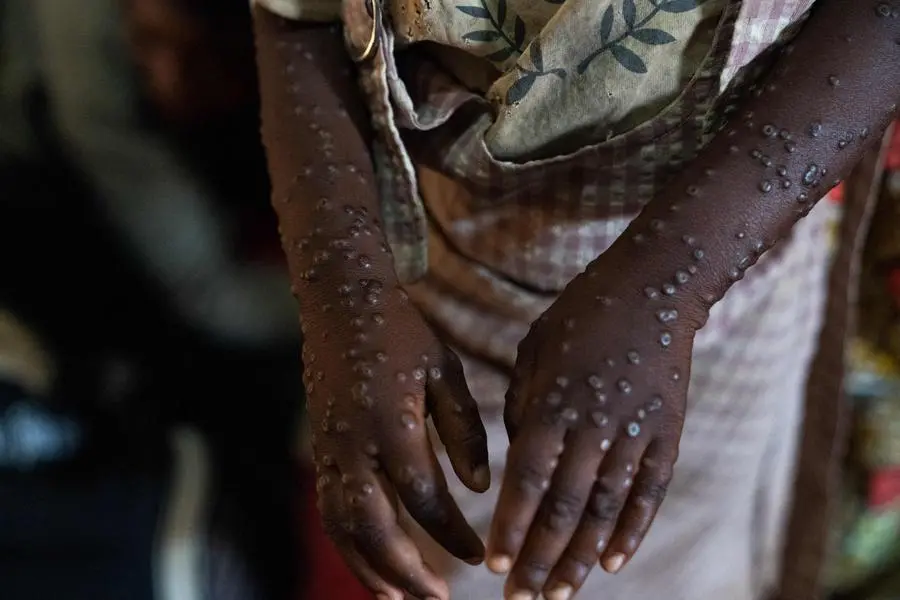PHOTO
A mask-wearing mandate or lockdown to control the spread of mpox is not necessary, as the risk of both death and transmission remains low, the Department of Health (DOH) said on Monday, September 9.
Health Secretary Teodoro Herbosa said the best way to prevent mpox infection is by avoiding close, intimate, skin-to-skin contact and practicing hand washing.
Unlike COVID-19, which spreads rapidly through airborne transmission, mpox does not necessitate face masks or lockdowns to control its spread.
'A mask mandate is not allowed, border control is not allowed and also not allowed is a lockdown. That is not what will prevent [mpox], but hand washing is what I'd recommend,' Herbosa said in mixed Filipino and English at a media forum.
After the DOH ramped up testing in August, the number of mpox cases recorded in 2024 rose to 14, all of which are classified as clade II, the milder version of the virus. This brings the total number of mpox cases since 2022 to 23.
Under control
Herbosa said that mpox as a public health scare is 'very manageable,' since the cases are not epidemiologically linked. This means that people who have been exposed or in contact with someone infected with mpox may not show symptoms or become infected, unlike COVID-19.
'Unlike with COVID-19, where one person could infect five others. With mpox, it can be stopped quickly as long as it is treated, identified and isolated.,' he said.
Although mpox and chickenpox spots look similar, DOH Assistant Secretary Albert Francis Domingo explained that mpox spots progress from macule, papule, vesicle and then to pustule. Chickenpox spots do not undergo the first two stages. They first appear as vesicles, which are small fluid-filled blisters that eventually break and leak. Mpox lesions, therefore, first appear as flat, discolored areas on the skin and later develop into raised bumps before turning into vesicles. The DOH only discharges infected individuals once their skin has scabbed over and new skin has formed.
Herbosa also said that the agency continues to work on maintaining the zero mortality rate of mpox in the Philippines. However, he does expect the number of cases to increase since more tests are being done. The agency can do about 50 tests per day, he added.
'Zero mortality' goal
'Our primary goal remains to control transmission and maintain zero mortality from mpox. There have been no deaths so far, and the majority of patients have been discharged from observation,' he said.
Individuals who wish to be tested can avail of a free test from the Research Institute for Tropical Medicine, provided that funding remains available, Herbosa said.
The DOH has allocated P158 million for the country's response to mpox. The agency has about 1,600 test kits at present and has already requested additional kits. There are ongoing negotiations with neighboring Southeast Asian countries for the supply of antiviral vaccines.
Copyright © 2022 PhilSTAR Daily, Inc Provided by SyndiGate Media Inc. (Syndigate.info).





















